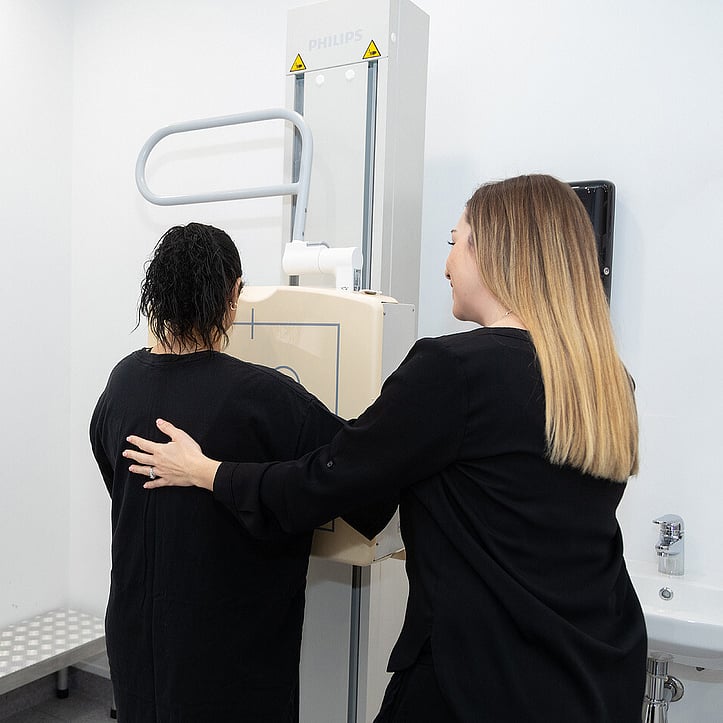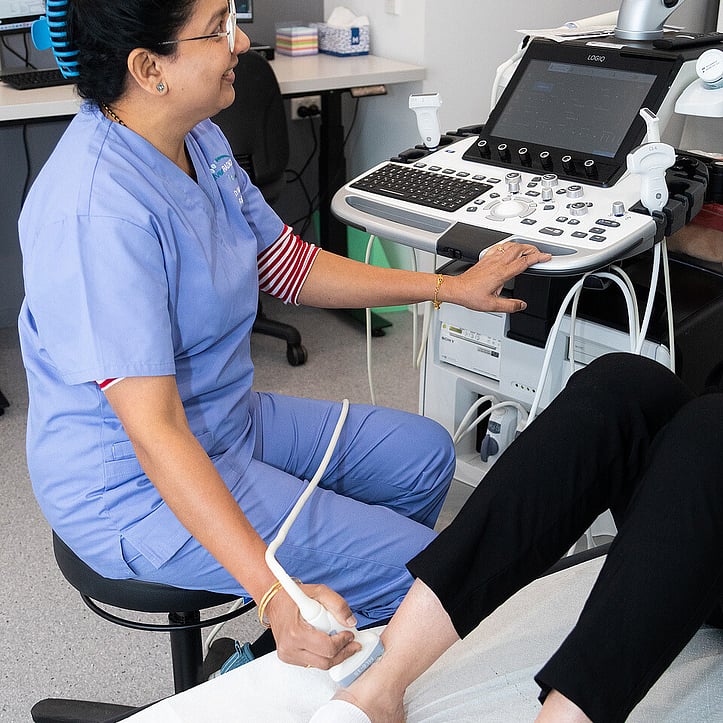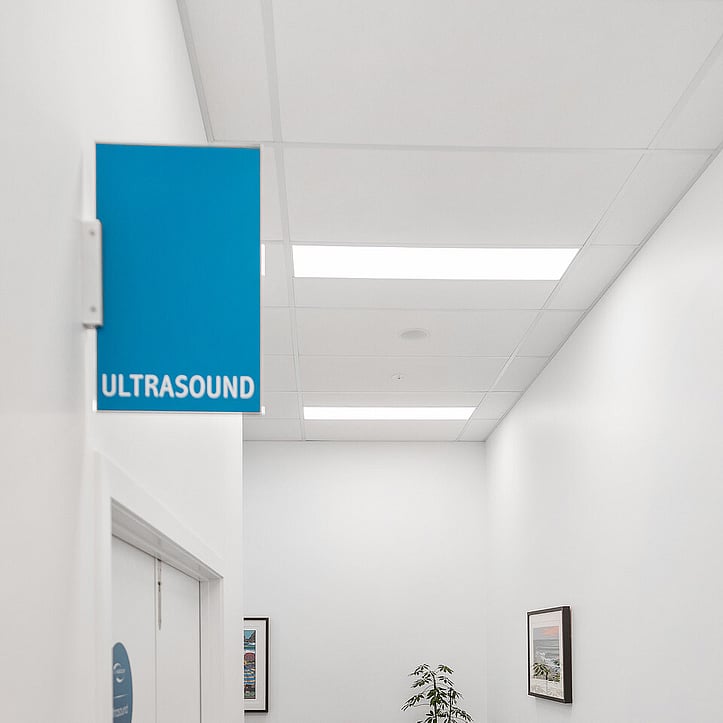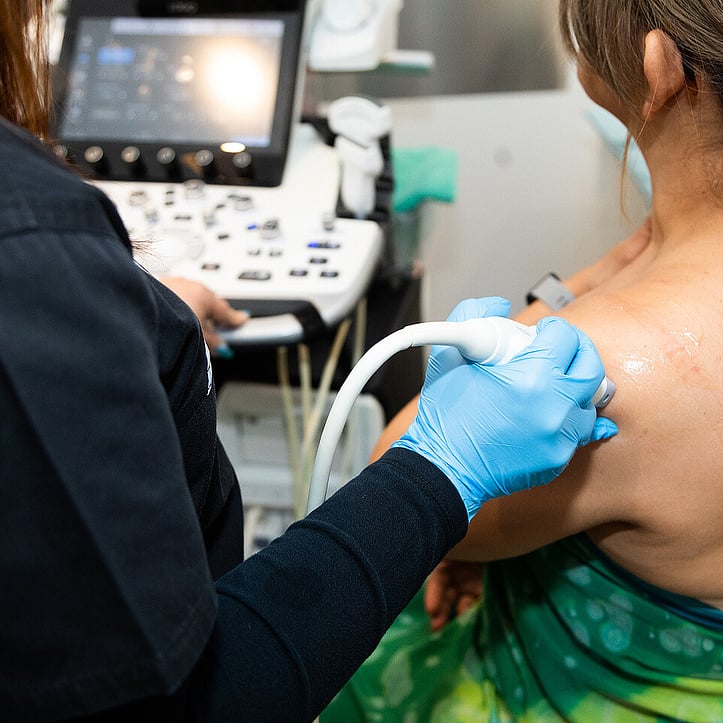Ultrasound Services in Hamilton and Waikato
Book an ultrasound in Hamilton with River Radiology.
Setting the standard for ultrasound scans in Hamilton, River Radiology offers ultrasound services across four locations with six state of the art machines. Our sonographers bring over 80 years of combined experience, meaning they’ve seen it all and know exactly what to look for to help with your diagnosis.
We specialise in musculoskeletal imaging, general ultrasounds, pregnancy scans and ultrasound-guided interventional procedures, providing you with expert care every step of the way.
Get an ultrasound in Hamilton from the ultrasound specialists
At River Radiology, we provide a full range of ultrasound services including pregnancy scans and ultrasound guided injections. Our machines in Hamilton are regularly updated so you get the most accurate and up-to-date imaging.
You can typically expect to book an ultrasound with us within three to five days, but if it’s urgent we’ll do our best to see you sooner.
We have four convenient locations across to access an ultrasound in Hamilton and Waikato: including two in Hamilton Central, a Te Rapa clinic and a Cambridge clinic.
All our sites offer free parking for your convenience.
I need an...
Ultrasound - Abdominal
Ultrasounds are recognised as first line imaging for upper abdominal problems, particularly gall bladder pain. It is also a good way of imaging the liver, kidneys and aorta.
How can I prepare for my abdominal ultrasound scan?
Nothing to eat six hours before scan. Can have black tea/coffee and water.
Ultrasound - Neck, Sensitive and Small Parts
Like all structures close to the skin, the thyroid gland is imaged with excellent resolution by ultrasound. Other structures in the neck are also well shown. Ultrasound is also the best imaging technique for looking at hernias and at the testes.
How can I prepare for my neck ultrasound?
No specific preparation required.
Ultrasound - Musculoskeletal
Our radiologists are subspecialty trained in musculoskeletal imaging and are skilled in assessing the detailed images from the high frequency probes available on our GE LOGIQ S8 and E9 ultrasound machines to investigate soft tissue images thoroughly and provide the correct diagnoses.
Shoulders, fingers, wrists, ankles, hips – we can help.
How can I prepare for my musculoskeletal ultrasound in Hamilton?
No specific preparation required.
Ultrasound - Pregnancy Scans
Ultrasound is well established as a safe means of dating and monitoring pregnancy.
We have experienced sonographers to image your pregnancy and demonstrate this to you on our large LED monitor.
How can I prepare for my pregnancy ultrasound?
Up to 16 weeks pregnant
Empty bladder an hour before appointment. Drink one litre of water rapidly. Do not empty bladder until after ultrasound.
More than 16 weeks pregnant
No specific preparation is required for your pregnancy scan in Hamilton.
Ultrasound - Pelvic
The bladder and pelvic organs are optimally assessed with an ultrasound. We use a full bladder as a “window” to gain ultrasonic access to the pelvis.
How can I prepare for my pelvic ultrasound?
Empty bladder 1 hour before appointment. Drink 1 litre water rapidly. Do not empty bladder until after ultrasound.
Our Clinics
We operate four state-of-the-art facilities providing radiology services in Hamilton and Waikato.
Ultrasound services in Hamilton and Waikato are available at these local clinics:
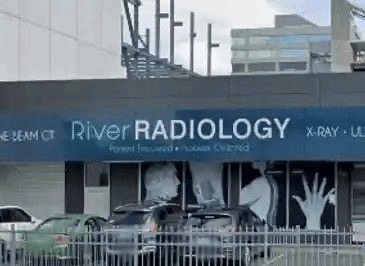
Open 8am - 5pm, Mon - Fri
30 Hood Street,
Hamilton CBD
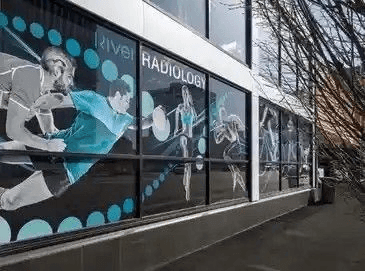
Open 8am - 5pm, Mon - Fri
173 Anglesea Street,
Hamilton CBD
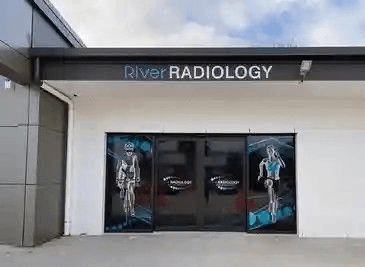
Open 8am - 5pm, Mon - Fri
1913 Cambridge Rd, Cambridge
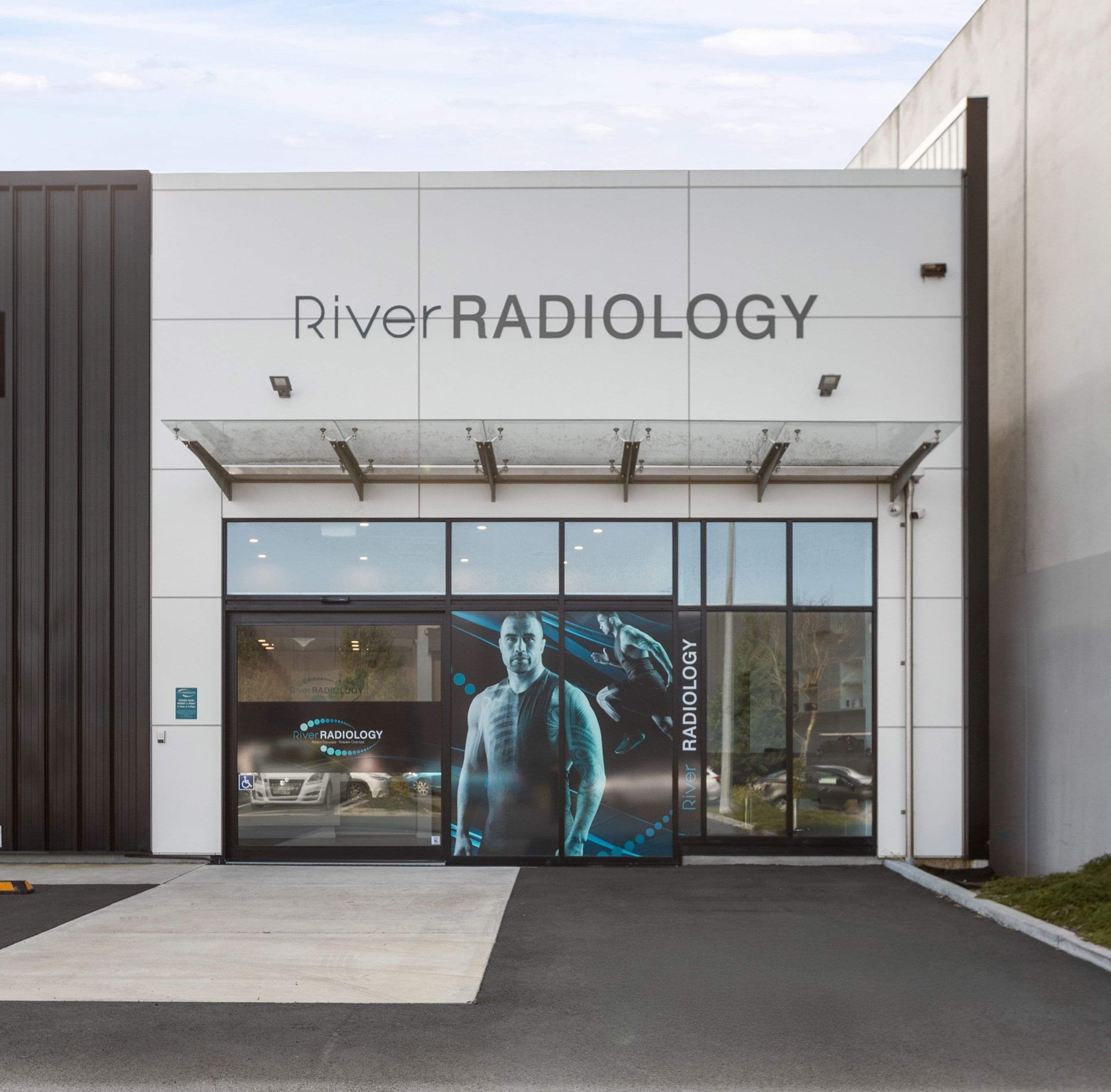
Open 8am - 5pm, Mon - Fri
18 Karewa Place, Te Rapa,
Hamilton
18 Karewa Place,
Te Rapa, Hamilton
173 Anglesea Street, Hamilton CBD
30 Hood Street,
Hamilton CBD
1913 Cambridge Rd, Cambridge
